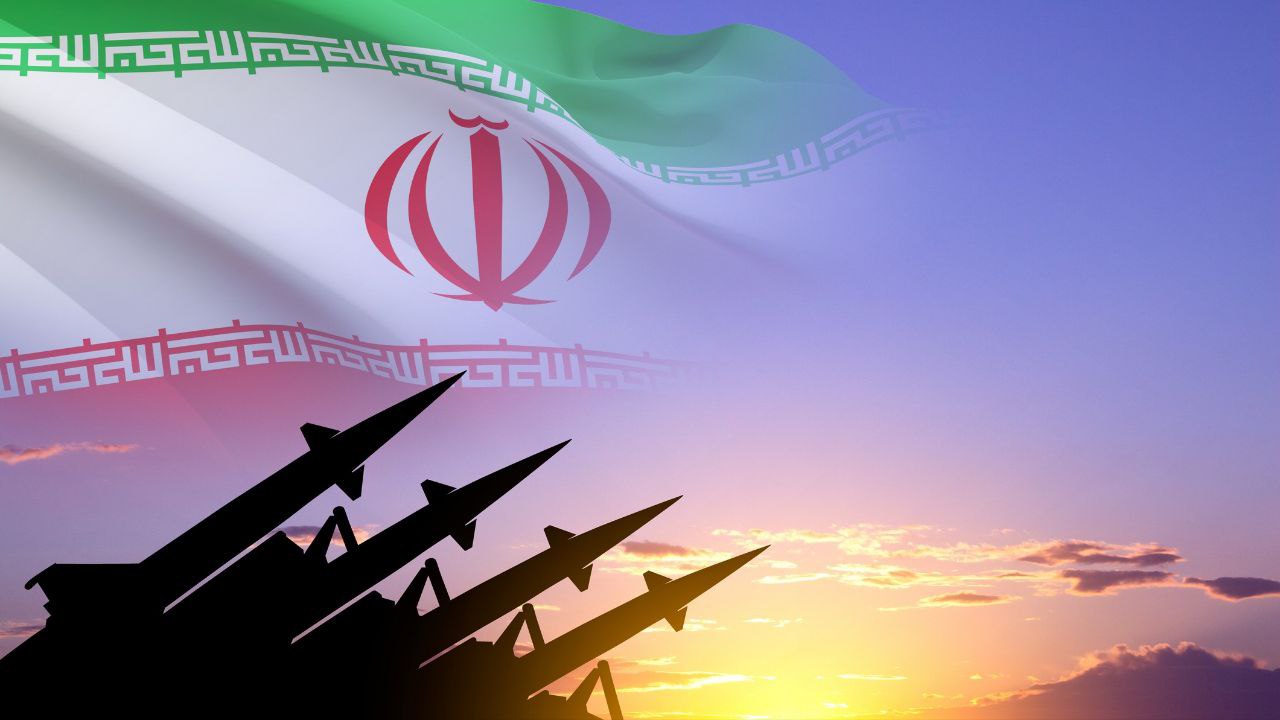Welcome To Glint News.....

🇮🇷 Global Tensions Rise as Iran Prepares for Historic Vote on Nuclear Treaty Exit
Tehran is on the brink of a decision that could dramatically alter the balance of power in the Middle East and beyond, as the Iranian parliament prepares for an urgent session tomorrow to vote on whether the country should withdraw from the Nuclear Non-Proliferation Treaty (NPT). The session has been described by analysts as one of the most critical in Iran’s contemporary history, with the powerful Guardian Council already scheduled to be present to immediately ratify the bill if it passes. Only a simple majority is needed, yet the uncertainty surrounding the outcome has left both Iranians and the international community on edge.
The NPT, which Iran signed in 1968 and ratified in 1970, was designed to prevent the spread of nuclear weapons while permitting peaceful nuclear energy programs under strict international oversight. For decades, Tehran has used its membership as a shield against accusations of pursuing nuclear arms, repeatedly insisting that its atomic ambitions are limited to civilian purposes. Yet the treaty has also been at the heart of recurring disputes with Western powers, which accuse Iran of concealing military dimensions to its program. Withdrawal from the NPT would not only shatter that framework but also send a powerful message of defiance to the international community.
Inside Iran, the political establishment is divided. Hardliners in parliament view the treaty as a straitjacket that has constrained the nation’s scientific and military growth while subjecting it to crippling sanctions and international pressure. They argue that leaving would restore Iran’s sovereignty, give it full control of its nuclear agenda, and strengthen its negotiating hand against the West. Moderates, however, fear that such a move could plunge the country into deeper isolation, trigger new rounds of sanctions, and even open the door to military confrontation. Their concern is amplified by the fragile state of Iran’s economy and the delicate relationships it maintains with strategic partners such as Russia and China, both of whom remain committed to the NPT.
Beyond Iran’s borders, the prospect of withdrawal is fueling grave concerns about an impending escalation in the Middle East. Israel, which views Iran’s nuclear program as an existential threat, has long warned that it would not hesitate to take military action if it believed Tehran was on the cusp of developing nuclear weapons. With Iran potentially outside the framework of international inspection, Tel Aviv could interpret the move as a green light for preemptive strikes. The risk of direct confrontation between Iran and Israel is therefore higher than ever, a scenario that many analysts believe could spiral into a wider regional conflict.
Iran, however, is not without powerful allies. In recent years, Tehran has deepened its strategic ties with Russia and China, both of which have resisted Western efforts to isolate the Islamic Republic. Moscow, bogged down in its war in Ukraine and increasingly estranged from the West, sees Tehran as a crucial partner in resisting U.S. influence, while Beijing has cultivated stronger economic links with Iran, including major energy deals under its Belt and Road Initiative. These backings embolden Tehran, giving it confidence that even if it leaves the NPT, it will not stand entirely alone on the world stage.
The implications extend far beyond Iran and Israel. Should Tehran proceed with withdrawal, other regional powers, particularly Saudi Arabia, may feel compelled to accelerate their own nuclear ambitions, setting off a dangerous arms race in one of the world’s most volatile regions. Diplomats fear that what begins as a legal withdrawal from a treaty could quickly evolve into a military standoff, dragging the Middle East closer to war and undermining decades of international non-proliferation efforts.
For Western governments, the move would all but collapse what remains of the 2015 nuclear deal, known formally as the Joint Comprehensive Plan of Action (JCPOA). Efforts to revive that agreement have repeatedly failed since the United States withdrew under former President Donald Trump, and Iran has since expanded its uranium enrichment capabilities far beyond the deal’s original limits. Withdrawing from the NPT would remove one of the last legal restraints on Tehran’s program, leaving the International Atomic Energy Agency (IAEA) with limited tools to monitor developments inside the country.
As the world waits for the outcome of the vote, the atmosphere in Tehran is tense. Lawmakers are under immense pressure from their constituencies, from regional allies, and from competing ideological factions within the Islamic Republic’s leadership. Tomorrow’s session could either reaffirm Iran’s place within the global nuclear framework or mark the beginning of a new era in which Tehran sets its own rules, regardless of international norms.
The decision, whichever way it goes, will have historic consequences. If parliament votes to leave, it could trigger a chain reaction of events leading to heightened rivalries, shifting alliances, and possibly war in the Middle East. If it decides to stay, Iran may yet preserve a narrow path for diplomacy, though mistrust and suspicion will remain.
For now, the world watches anxiously, knowing that the decision taken in Tehran tomorrow could reshape the global security landscape for decades to come.